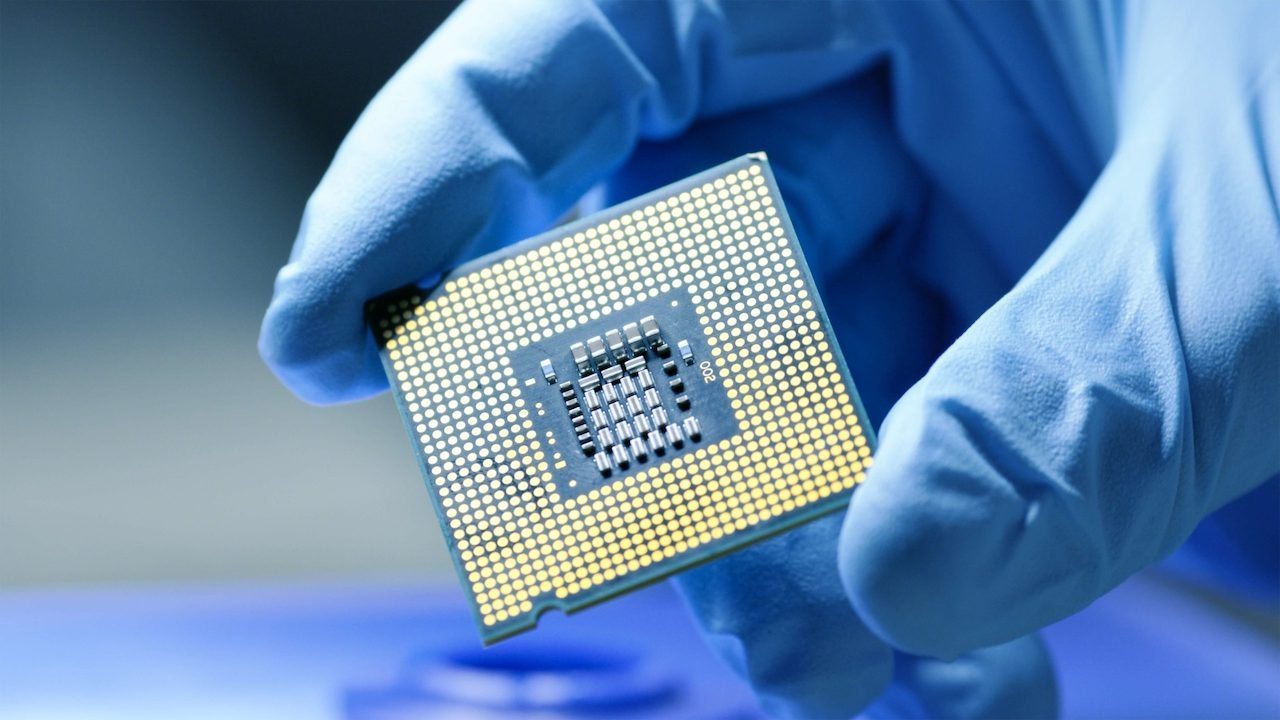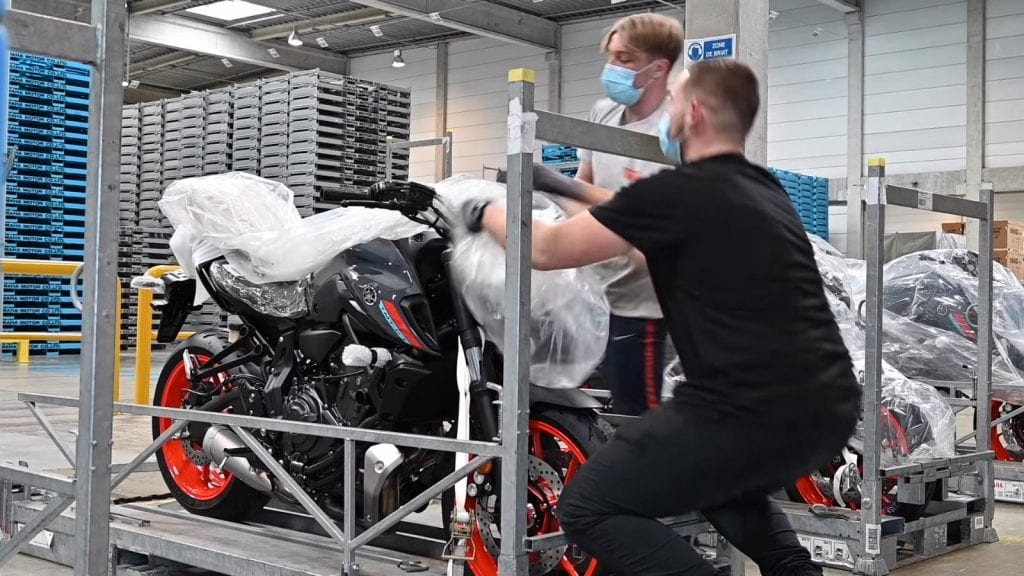Semiconductor chip shortages have affected almost every automobile and motorcycle production aspect on a global scale.
With the rise of unprecedented times in 2020, parts manufacturers had to make decisions in ordering future parts for future production – a process called ‘just-in-time manufacturing.’
This process increases financial efficiency with companies by predicting the scale of future sales.
The resultant underestimation of the prediction – coupled with companies raging in fierce competition for chips from other industries and the delay caused by the Suez Canal Incident – has caused a crunch and shortage in the chips installed in today’s vehicles and motorcycles.
Many companies have reacted to this shortage by pushing the sales of vehicles and motorcycles that are more popular to cut down on costs and generate revenue.
The average vehicle boasts an installation of 30 to 50 semiconductor chips, with some newer models ranging upwards of 100. There are decidedly fewer in a motorcycle, but Motorcycle manufacturers have also been walloped by the shortage, with giants like Yamaha releasing shortage explanations to the populace.
Here is a link to their video message below:
According to a report from TheGlobeAndMail, the industry needs a solution to this shortage.
“COVID-19 demonstrated vulnerabilities and gaps in global supply chains, so I do believe we should be framing [the chip shortage] as a demand opportunity, not a constraint one,” says Melissa Chee, chief executive officer of VentureLab, a tech incubator based in Markham, Ont. “Do we really want to just be final assembly, or could we rethink the role we play in that final [chip] ecosystem?”
Desperate times call for desperate measures – and with the shortage taking effect globally, now may be the time for the global automotive industry to reduce the lean on international suppliers.




